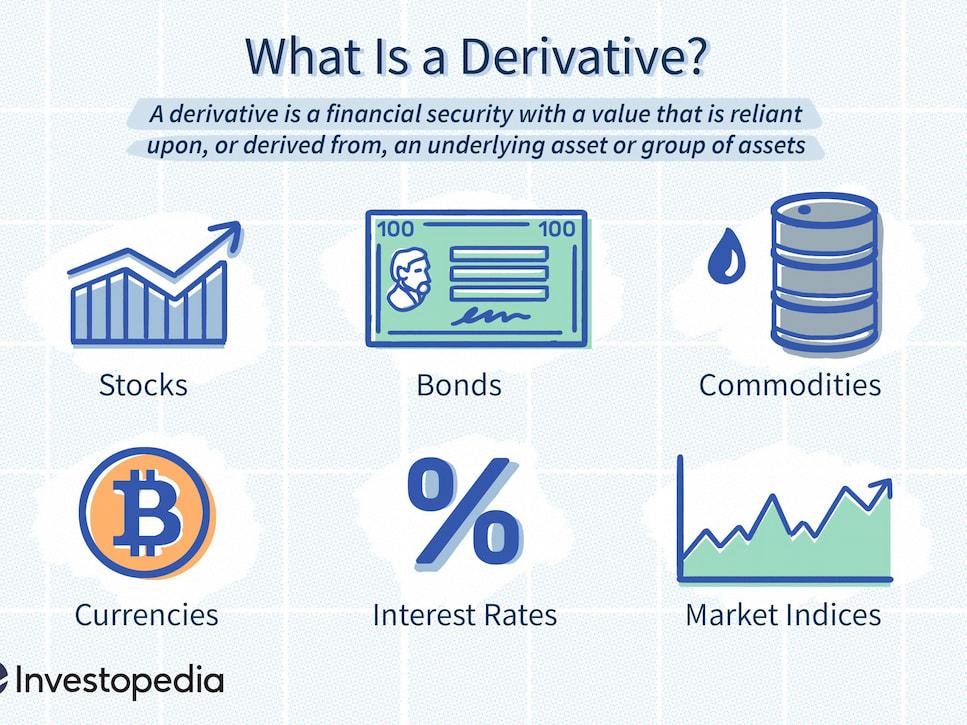
How the Dodd-Frank Act Controls Trading and Derivatives
The Dodd-Frank Act was created to increase government oversight of trading in financial instruments, specifically derivatives.
By Lise WagnacJan. 26 2021, Published 12:04 p.m. ET
The “Volcker Rule” developed as a part of the Dodd-Frank Wall Street Reformand Consumer Protection Act. This reform act was named after its authors, Senator Chris Dodd of Connecticut, and Representative Barney Frank from Massachusetts. The Dodd-Frank Act was created to increase government oversight of trading in financial instruments, specifically derivatives.
A “derivative” is any financial product that is valued based upon another product. The definition of a derivative is “something that is based on another source.” Derivatives developed in the midst of a need for a product that would not be as volatile as the financial markets while allowing clients to gain when the market gained. Derivatives allowed for investors to maximize their returns as an underlying asset, as opposed to purchasing the physical security itself. This allowed for easy exit strategies if there was a “bear” period in the market.

A “bear market” is when the market is depressed, not too much demand compared to the supply. In contrast, a “bull market” is when the market is increasing at a steady rate, often this is when you see a frenzy of investors behaving in a “herd mentality.” Going back to derivatives, they protect clients from the risk of owning the asset that is volatile, while being able to financially benefit from this.

Derivative instruments, as they first developed, were not heavily regulated in the financial world because of the low level of activity in the derivative markets. It was not until the financial crisis that derivatives began to be investigated further, and the need for regulatory oversight was made clear. Derivatives indeed are a creative security that allows for minimizing risk in investments for clients. Nonetheless, not all derivatives have proven to be in the client’s best interest. One derivative, in particular, is called a “swap.”
A swap is defined as “a private agreement between two parties to exchange cash flow in the future according to a prearranged value.” In other words, those that participate in a swap derivative agree to exchange the asset for cash in the future at a specific value. In the financial crisis in 2008, “credit default swaps” became a distinct focus because of the integral role it played in the crisis. A “credit default swap” is a swap designed to transfer credit exposure of fixed income products from one party to another.
In this scheme, the risk is transferred from the holder of the fixed income security to the seller of the swap. The problem with this structure became that credit default swaps were still being sold despite the unclear status of whether the loans that were the underlying value of the asset had defaulted or not. In addition to the associated risk of this practice and many other derivative transactions at the time, it was more worrisome that the structure of the derivatives and the transactions were highly complex.
This is part one of a three-part series with Paybby that delves into the Volcker Rule and the aftereffects of the 2008 Great Recession. Stay tuned next week as we explain the history of how the Volcker Rule was introduced as legislation to mend the economy and further regulate investments.
Paybby is a challenger bank founded with the goal of empowering Black and Brown communities to build wealth and gain access to the benefits of banking. Click here to learn more about Paybby.

